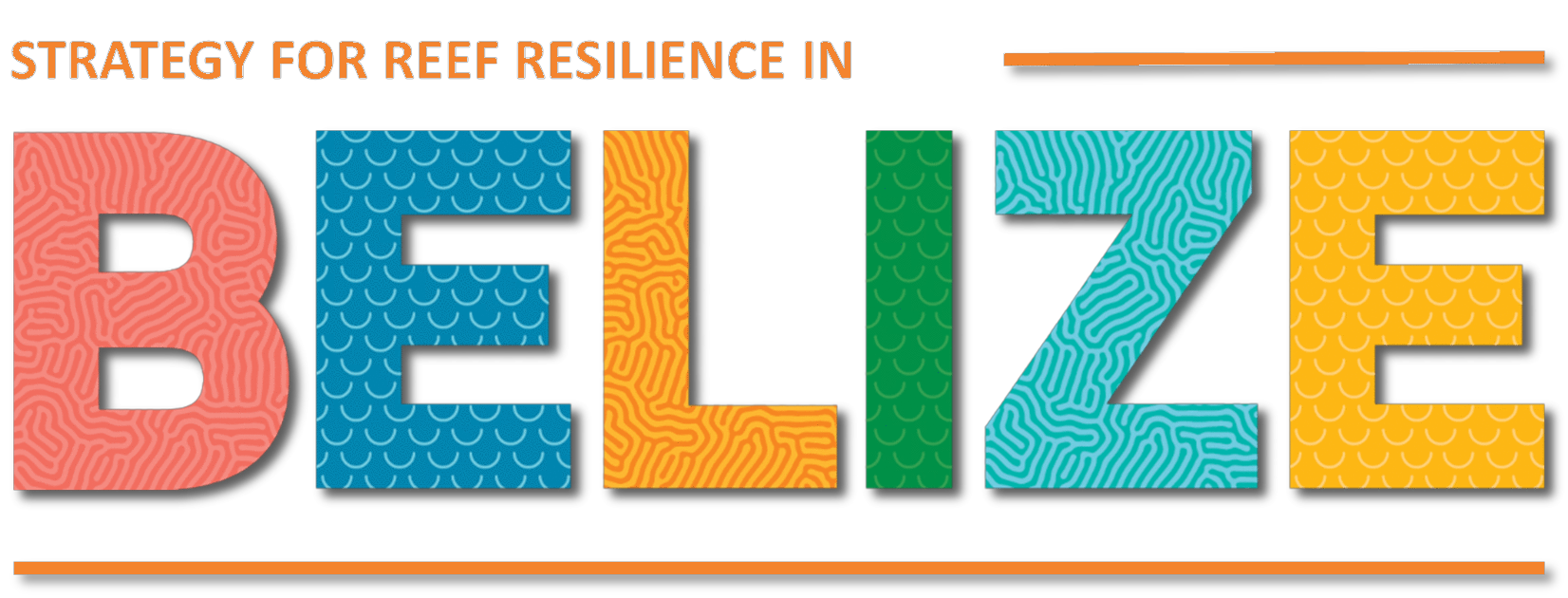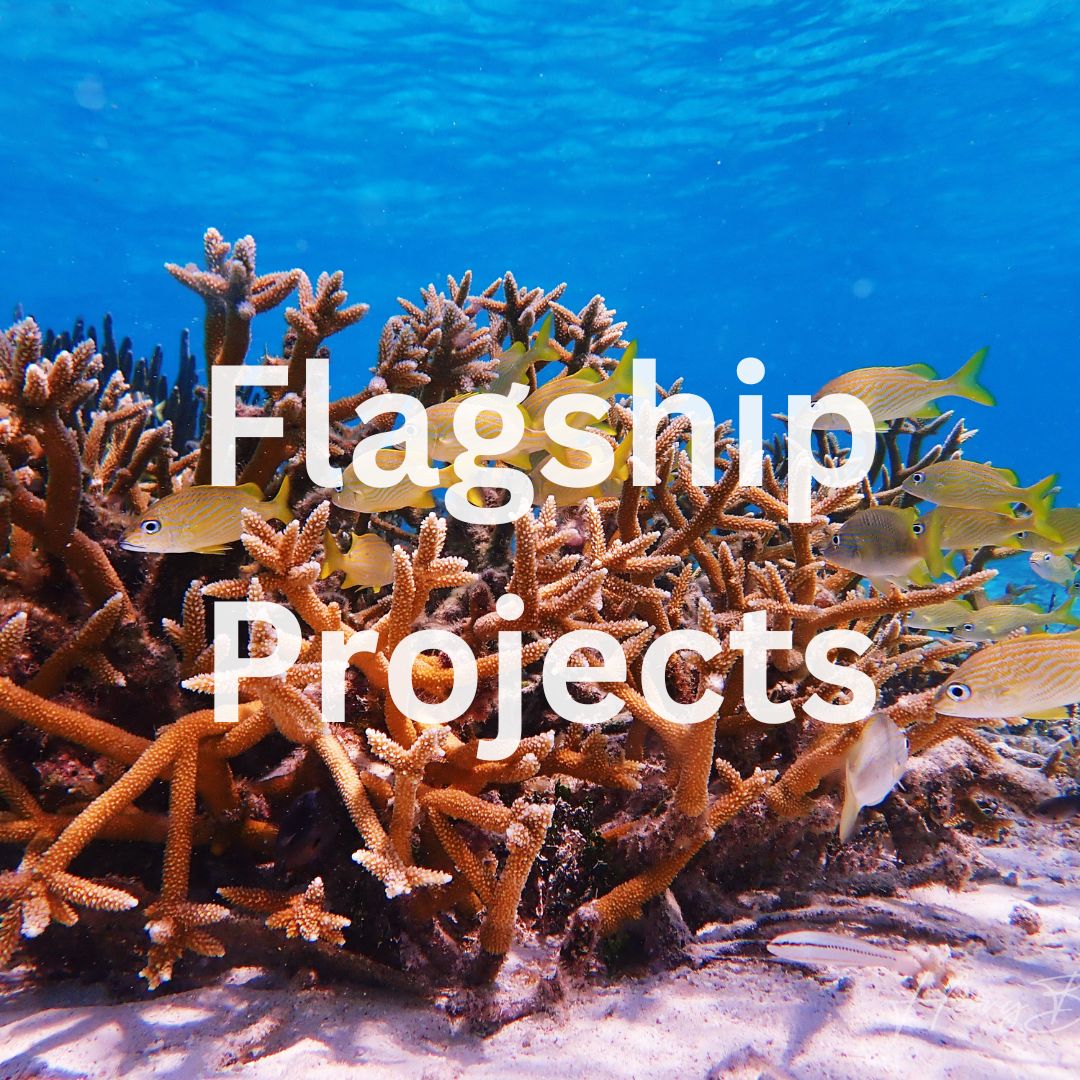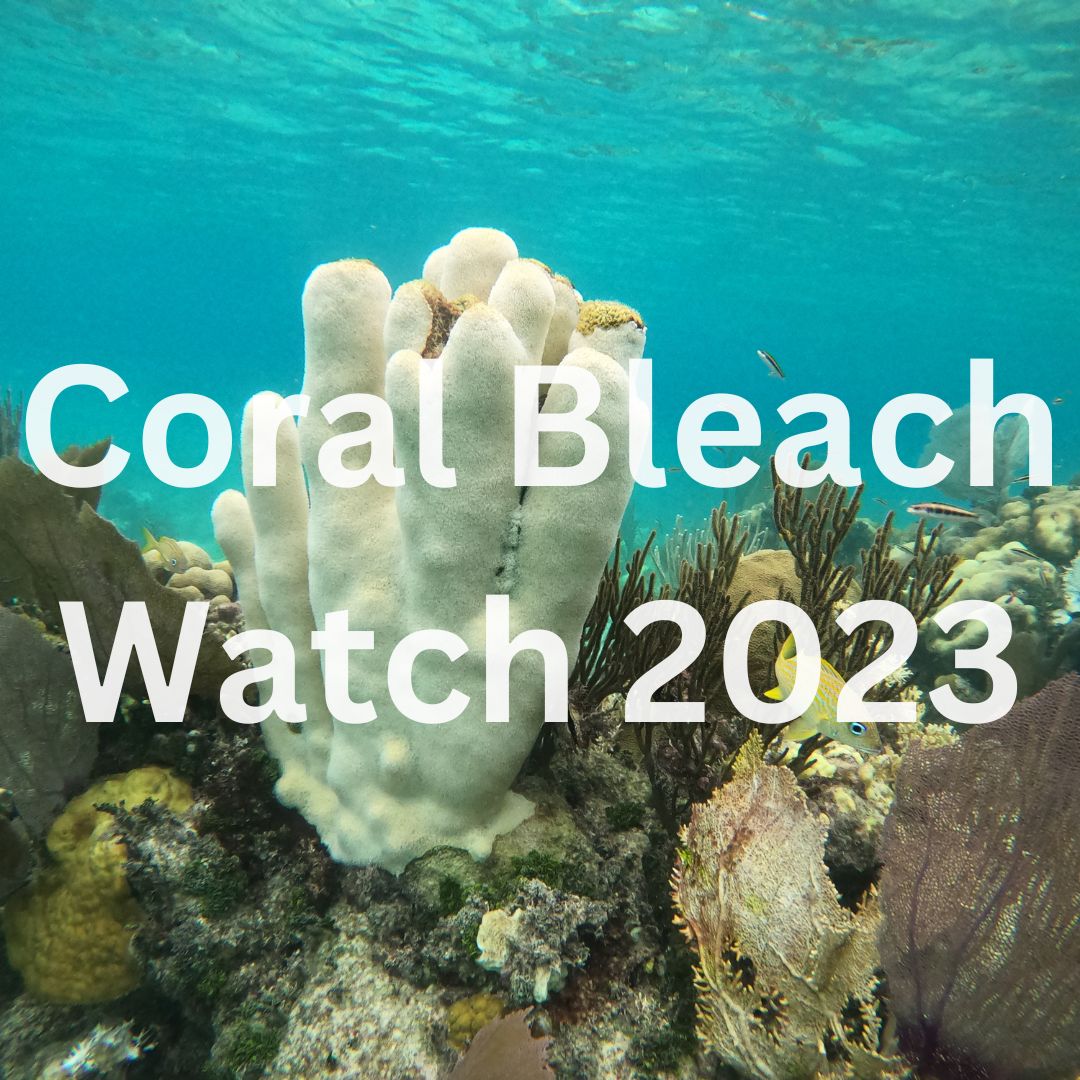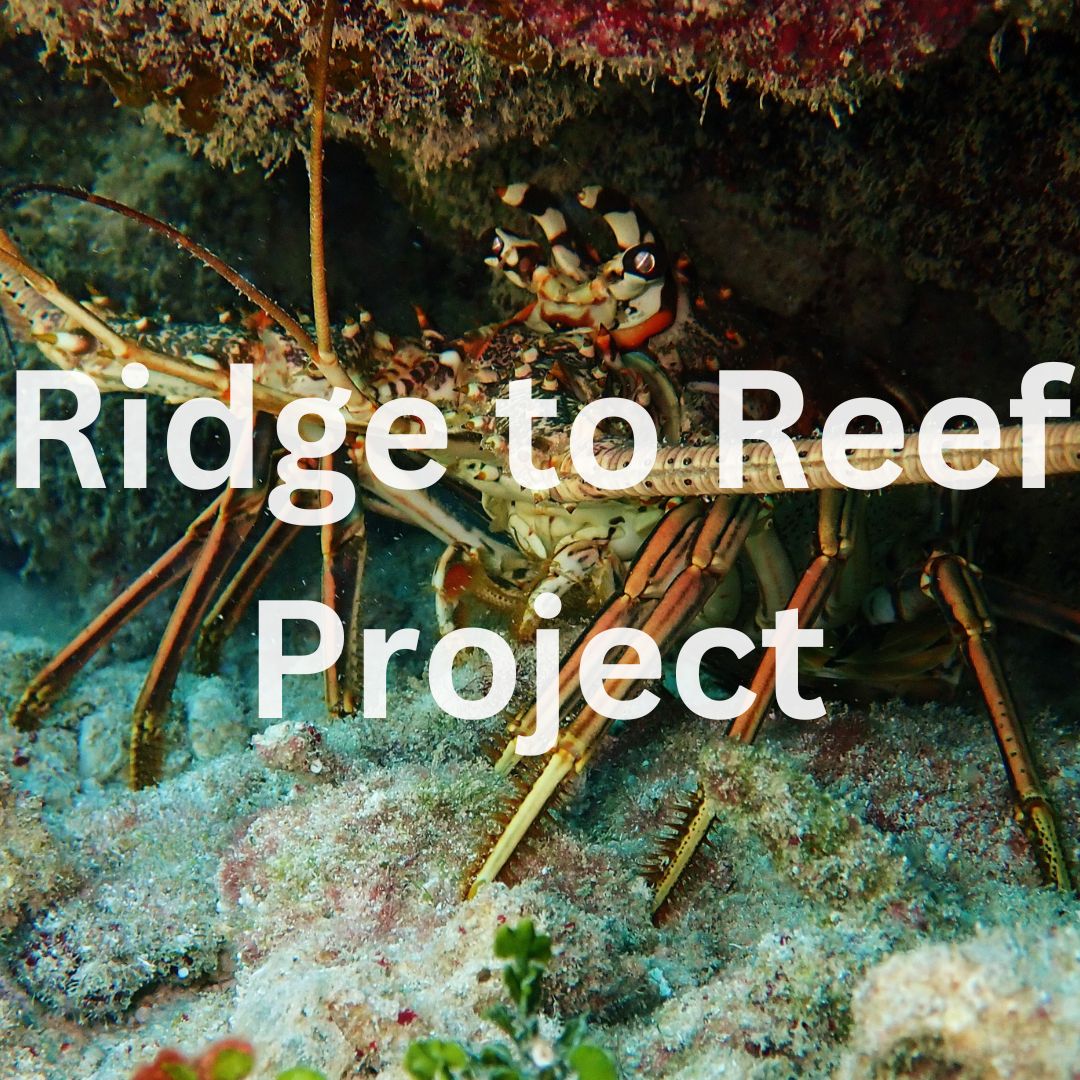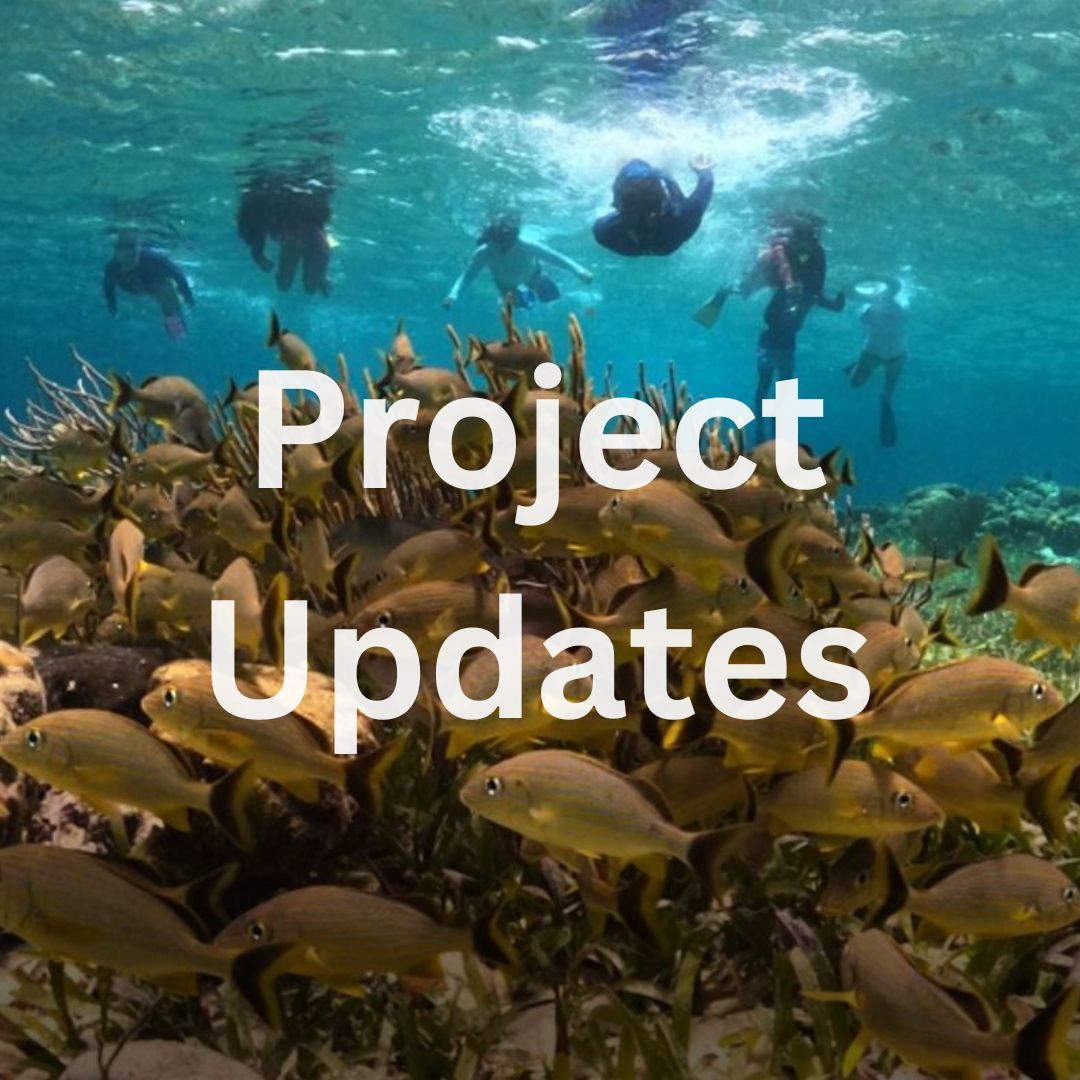The Resilient Reefs Initiative (RRI) is a global endeavour dedicated to supporting coral reefs and the communities reliant on them. The RRI aims to unite local communities, reef managers, and resilience experts to build local capacity and develop innovative solutions through a comprehensive Resilience Strategy to combat climate change and other local threats. By fostering collaboration among these diverse groups, the Initiative seeks to place people at the heart of decision-making processes in their countries.
Coral reefs are vital, sustaining approximately 25% of all marine life and supporting the livelihoods and well-being of nearly 1 billion people across 101 countries. The Resilient Reefs Initiative is piloting this program at five sites: the Belize Barrier Reef, Belize; the Great Barrier Reef, Australia; the Lagoons of New Caledonia, France; the Ningaloo Coast, Australia; and the Rock Islands Southern Lagoon, Palau.
The Initiative includes:
- Establishing and funding a Chief Resilience Officer (CRO) position
- Supporting the development of a comprehensive Resilience Strategy
- Building capacity for local reef managers and stakeholders
- Connecting to a global knowledge network, including reef sites and world experts
- Providing initial funding to implement resilience actions identified in the strategy
The Initiative emphasizes holistic reef resilience through broad and diverse stakeholder engagement, offering an accessible platform for reef resilience advocacy and education by community stakeholders. It demonstrates a commitment from reef management leadership and relevant stakeholders, including a clear implementation plan for priority resilience actions. The Initiative aims to explore the strengths and weaknesses in the community and local governance systems to understand the interconnected threats to the reef community.

